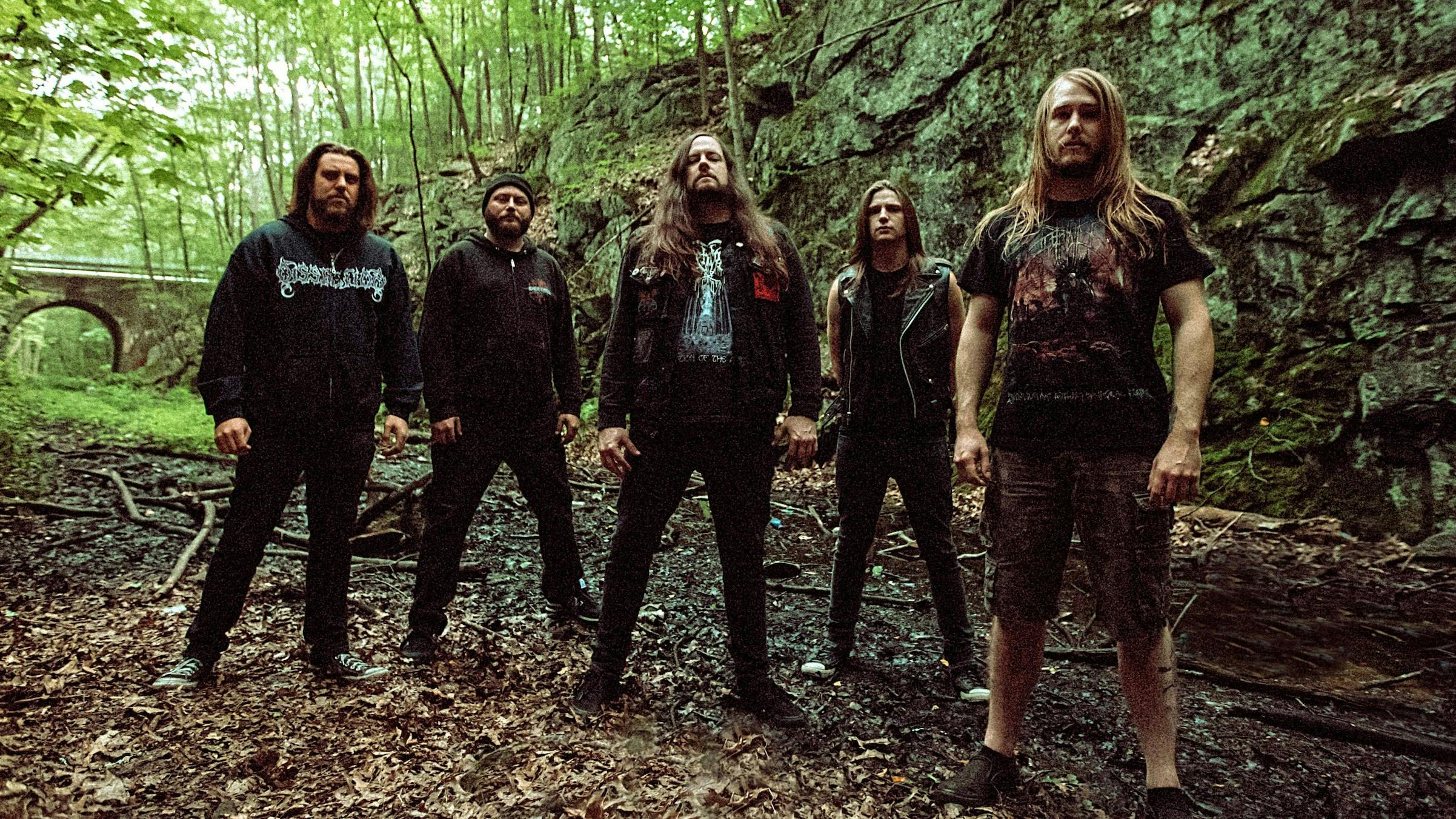"I DO like this record, I definitely do, but it was a difficult one for me to make personally. Looking back, the mix is the most disappointing part. Initially, we had this really, really killer mix, and it was raw, we were definitely going for a more raw approach. Alan [Cassidy, drums] is a good drummer -- it’s an insult to him to just slide everything perfectly on the grid. We were thinking about, What makes these old albums from pre-2000 sound so much better than everything that’s out now? And we thought, They’re just natural-sounding. That was the impetus there.
"We loved it, we thought it was so huge, but we sent it to [Metal Blade Records head Brian] Slagel, and...I think he expected a really slick album. Lots of production has gone that way in the last seven years. He did not like it, at all, and definitely stuck his fingers in the pie. It was heartbreaking at the time, for him to shoot us all down. So we entered the world of compromise. But we did the best we could, and that’s what you hear today.
"Writing the album, too, there were parts where I was hitting a wall and getting frustrated. I started getting in my head, and started thinking about fleeing to Canada. This is around the time that the pressure really started to mount. I was feeling the eyes of the world on me, which is awesome in the right context. Receipt and Abysmal in a way came out of necessity -- that whole freaking out about the album, those songs came from a real place of darkness. In a way, it was cathartic to write. And people have come up to me and thanked me for writing those songs and helping them."
